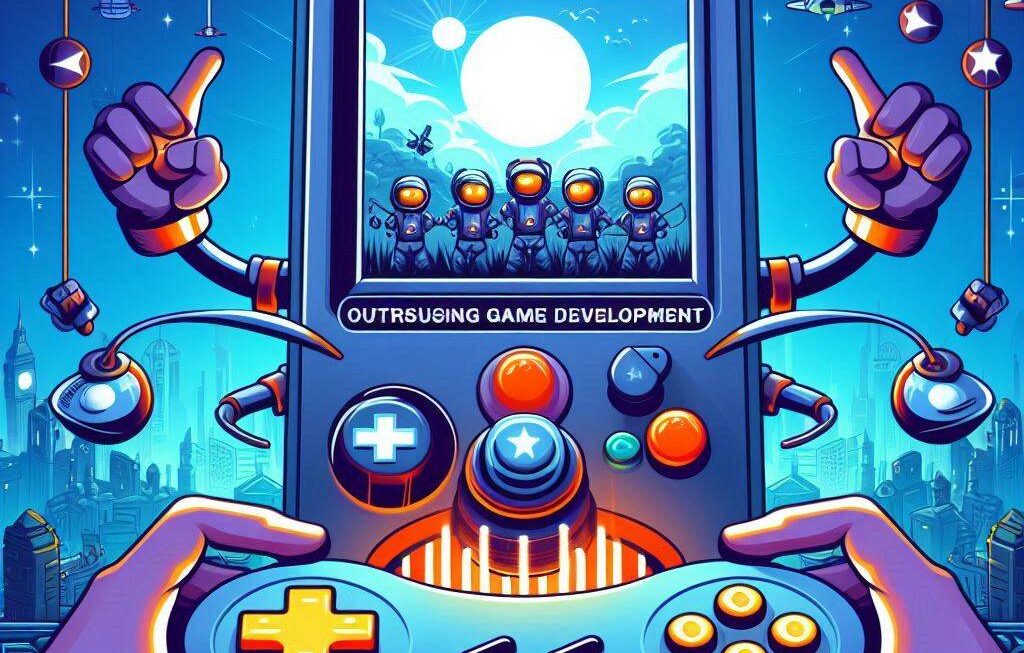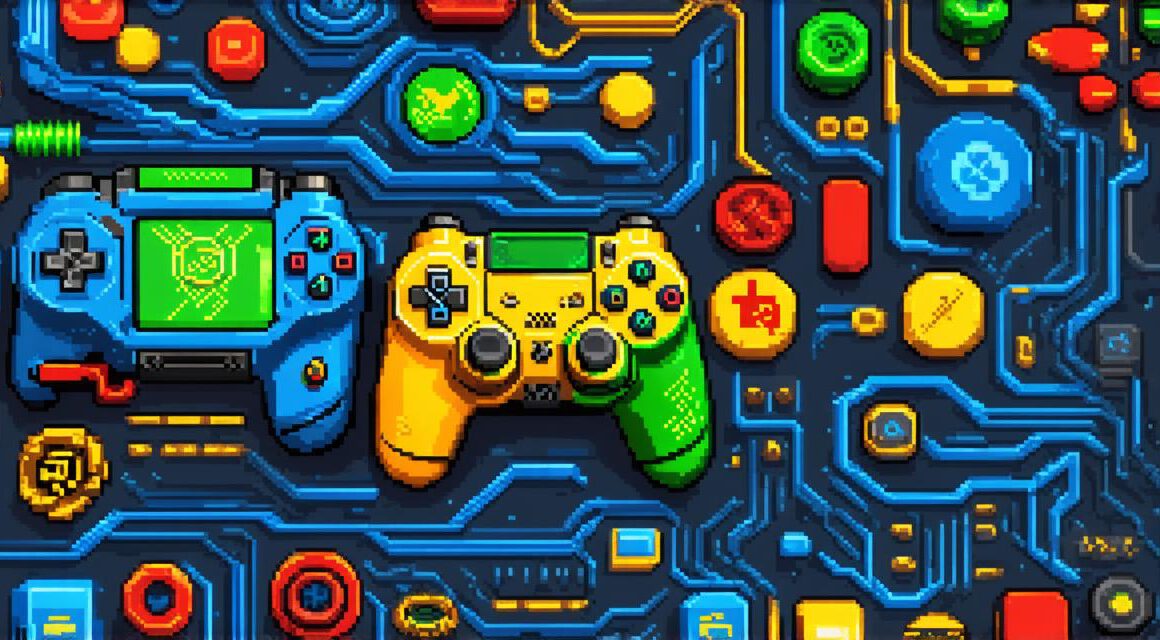To make the most of C++ in game development, it’s essential to familiarize yourself with modern libraries and frameworks. These tools can significantly streamline your development process and help you create more complex games.
*Boost*:
Boost is a collection of high-quality C++ libraries that provide various functionalities, such as template metaprogramming, unit testing, and serialization.
Simple and Fast Multimedia Library (SFML):
SFML is an open-source framework for creating multimedia applications, including games. It provides a simple API for handling graphics, audio, networks, and more.

Best Practices: Debugging and Testing
Debugging and testing are crucial aspects of game development. To ensure your C++ code runs smoothly, consider the following tips:
-
*Use a Good IDE*: Integrated Development Environments (IDEs) like Visual Studio or Xcode can make debugging easier with features like breakpoints, call stacks, and memory profiling.
-
*Write Unit Tests*: Writing unit tests for your C++ code can help catch bugs early and ensure that changes don’t introduce new issues. Tools like Google Test can assist in writing and running these tests.
Case Study: A Modern Game Using C++
To illustrate the power of modern C++, let’s consider Valve’s Dota 2, a popular multiplayer online battle arena (MOBA) game. Despite its complexity, Dota 2 is primarily written in C++, demonstrating the language’s ability to handle large-scale projects.
FAQs
Q: Is it necessary to learn assembly language for game development with C++?
A: While understanding assembly can help optimize performance at a low level, it is not strictly necessary for most game development tasks in C++.
Q: What are some popular game engines that support C++?
A: Some popular game engines that support C++ include Unreal Engine, CryEngine, and Source Engine (used by Valve). These engines provide a powerful foundation for creating games using C++.
In Summary
Mastering C++ opens up a world of opportunities in the dynamic field of game development. With the right resources, tips, libraries, and frameworks, you can create complex and engaging games that captivate audiences worldwide.



